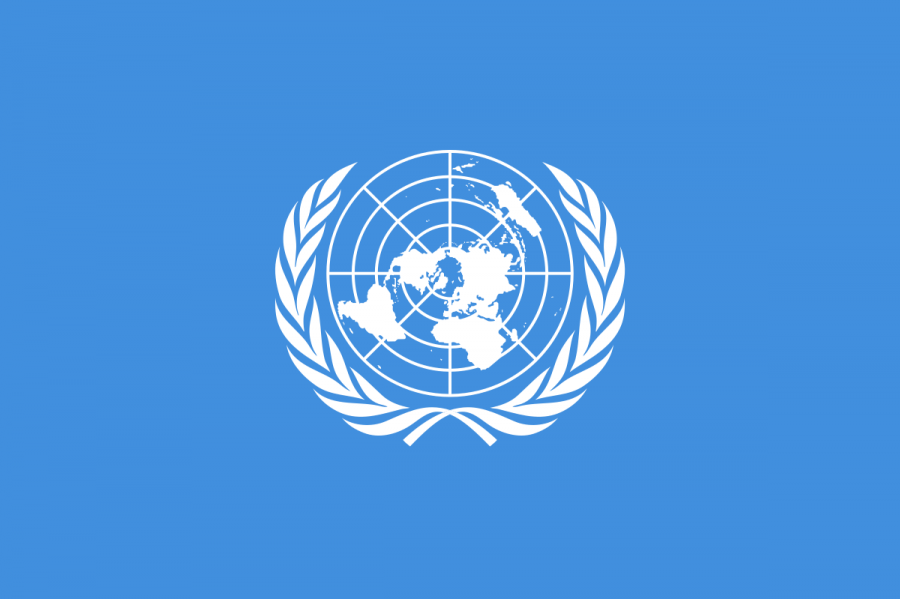The United Nations
With discussions regarding the conflict in Venezuela and Yemen to extending the peacekeeping mission in Cyprus, the United Nations holds influence in nearly every global occurrence. Yet, despite this worldwide presence, few people seem to know what the UN is, let alone what it does.
The UN is comprised of six different bodies, each with their own separate roles and capabilities.
- The General Assembly
- This is the main body of the United Nations. It is a congregation of 193 member states. These member states meet every September in New York to discuss issues around the globe covering topics such as climate change, poverty, and violent conflict.
- The Security Council
- This body is made up of five member states: the United States, Russia, China, France and the United Kingdom. In addition to these permanent members, the Security Council has a rotating group of 10 additional member states.
- The main function of the Security Council is to determine the presence of threats to international stability and peace. The permanent members, in addition to their one vote on Council decisions, have veto power. This allows the permanent members to veto any substantive resolutions passed by the General Assembly. This power has been used most recently by the United States to prevent condemnation of violence committed by the Israeli state in the 2018 Gaza border protests.
- The Security Council as a whole also has the ability to pass mandatory resolutions, which every UN member state must follow.
- Economic and Social Council
- This body has 54 members. Its main focus is to review approaches to sustainable development and make recommendations for solutions to economic, environmental and social issues.
- Trusteeship Council
- This body’s focus was to supervise the preparations for territories to become legally recognized nation-states. However, as of 1994, the Trusteeship Council has suspended operations.
- International Court of Justice
- The purpose of this body is to settle legal disputes submitted by states.
- Secretariat
- The Secretariat is the UN’s bureaucratic body. It handles all of the day-to-day activities of the UN and is led by the Secretary-General.
About the Contributor

Vince Orozco, Managing Editor
Vince Orozco is THE Managing Editor for “The Tiger Print.” Vince’s skills include rapping and writing long essays that nobody reads. In school, he...




